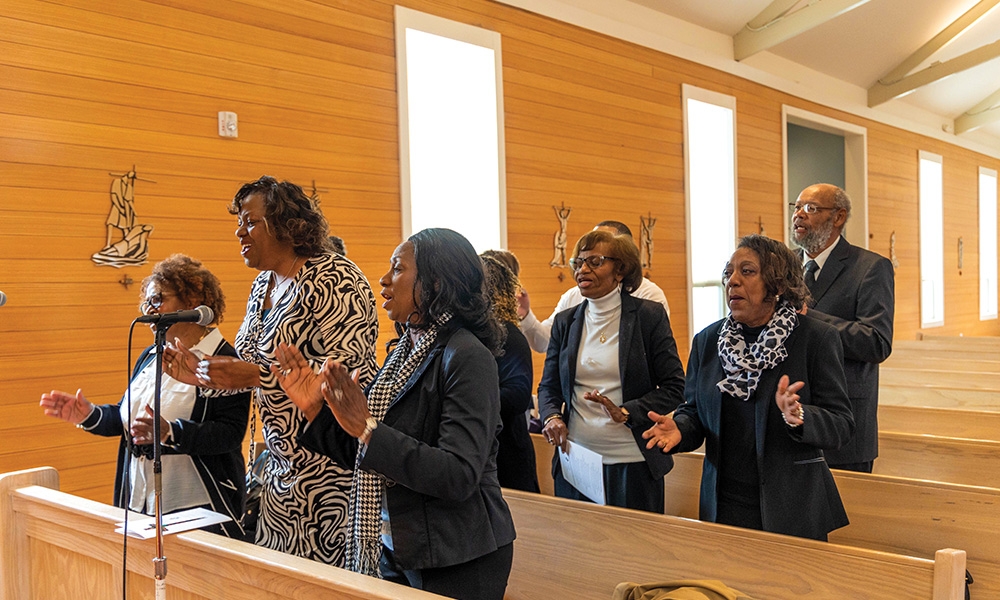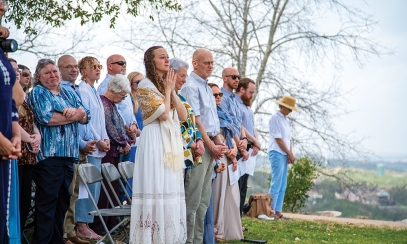
Celebrating Black Catholic History Month
In November, the church in the United States proudly commemorates Black Catholic History Month. This special time is not just a celebration of a rich history and proud heritage, but also a moment when we, as a church, unite in prayer for all souls and saints, particularly those from Africa and the African Diaspora. The decision to designate November as Black Catholic History Month was influenced by the important dates for Catholics of African descent falling within this month: the feasts of St. Martin of Porres, St. Augustine and Zumbi of Palmares.
In November, the church in the United States proudly commemorates Black Catholic History Month. This special time is not just a celebration of a rich history and proud heritage, but also a moment when we, as a church, unite in prayer for all souls and saints, particularly those from Africa and the African Diaspora. The decision to designate November as Black Catholic History Month was influenced by the important dates for Catholics of African descent falling within this month: the feasts of St. Martin of Porres, St. Augustine and Zumbi of Palmares.
As part of this year's celebration, we share a beautiful document written by 10 Black bishops 40 years ago: “What We Have Seen and Heard,” a pastoral letter written to address the African American community. As we break open this letter on evangelization, we realize it has many lessons for all of us.
This letter is a call for the Black community to respond to the need for evangelization and the responsibility to share and pass on what they have learned as Black Catholics. It encourages all of us to share the faith with their families and proclaim the faith, which involves not only preaching but witnessing, not only conversion but renewal, not just coming into the church but building the church, not only hearing the word but sharing it.
The letter reminds us that the gift of true freedom is something only God can give. “This is the responsibility that freedom brings: to teach to others its value and work to see that its benefits are denied to none,” the bishops wrote.
This letter serves as a reminder of the gifts that are rooted in African heritage: reconciliation, forgiveness and justice. The letter says the four major characteristics of Black spirituality are that it is contemplative, holistic, joyful and communitarian.
This historical document also serves as a powerful call to action for the Black community, urging them to reclaim their roots as both Black and Catholic. It reminds them of their responsibility to proclaim faith and actively contribute to building the church with its rich multicultural identity. It reminds everyone that their heritage is a source of strength and pride. It is essential to embrace it and be inspired by it.
The deep faith and profound spirituality of the Black community offer all a unique opportunity for growth and understanding. Let us read and learn about this beautiful document, and in doing so, we acknowledge and appreciate the invaluable contributions of the Black community to our church.
In preparation for the Year of Jubilee, may this document, which is available at www.usccb.org/resources/what-we-have-seen-and-heard.pdf, allow us to express the liberty of all peoples in our nation and live in fraternal communion. Let us each consider our own role in contributing to the diversity and unity of our church.
Luisa de Poo serves as the Diocese of Austin Secretariat Director for Life, Charity, and Justice. Yami Muñoz serves as the Cultural Ministry Outreach Associate for the Diocese of Austin.



